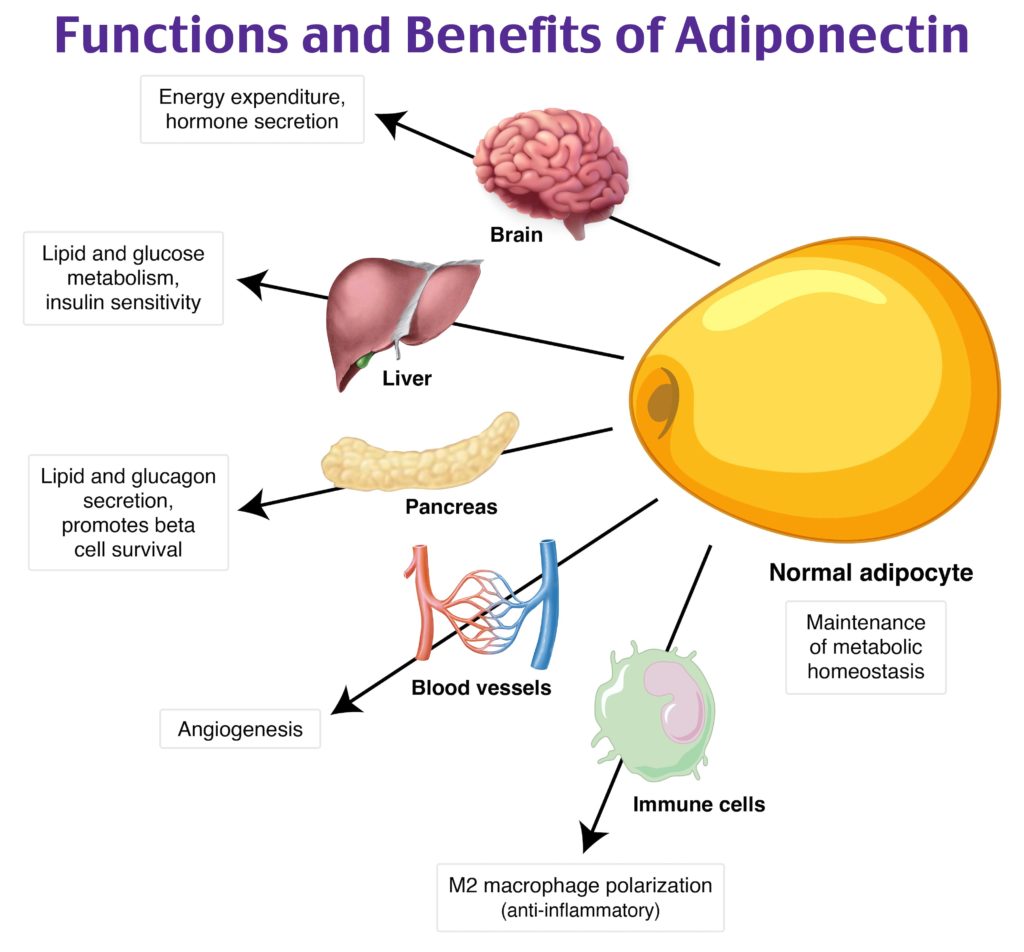Introducing the Newest Obesity Medicine Qbank for the ABOM Certification Exam

According to The American Board of Obesity Medicine (ABOM), “obesity is the most prevalent chronic disease in our society. Yet, many physicians are not trained in how to manage it. [ABOM] certifies physicians looking to bridge this gap.”
Understanding obesity medicine is important for physicians practicing in all specialties. For those preparing for the ABOM certification exam, a new board review option is now available for you: the Rosh Review Obesity Medicine Qbank, created by ABOM-certified physicians.
Why is obesity medicine important?
What thoughts come to mind when we see the diagnosis of obesity? This introspection is a worthwhile exercise for all clinicians, regardless of specialty. Obesity is a chronic, relapsing, multifaceted medical disease, akin to many other disease processes, like hypertension, diabetes mellitus, dyslipidemia, and coronary artery disease.
While the prevalence of obesity in the United States continues to increase rapidly, unfortunately, there are not enough clinicians with education in the discipline of obesity medicine to combat this pandemic.
As a result of the increasing incidence, there is now more emphasis on the treatment of obesity, first and foremost by educating clinicians to provide comprehensive care in the field of obesity medicine. Because it is a highly stigmatized disease process, the discipline of obesity medicine requires careful study and training regarding the pathophysiology, psychosociology, presentation, diagnosis, and treatment.
How do I become certified in obesity medicine?
The ABOM accredits certification in the field of obesity medicine, and ABOM diplomates are regarded as obesity medicine experts.
Any physician with an active medical license in the United States or Canada who has completed a residency in the United States and is certified with the American Board of Medical Specialties is eligible to earn the status of ABOM diplomate, upon completion of either the CME certification pathway or the fellowship certification pathway and passage of the ABOM certification exam. While the number of diplomates is increasing, it still does not meet the disease demand.
Why create an ABOM Certification Exam Qbank?
When I set out to certify in the field of obesity medicine, the study resources were astoundingly slim! As a result, this sparked my interest in creating a comprehensive question bank to assist learners in their preparation for the ABOM certification exam.
Using a Qbank helps you identify your strengths and weaknesses. In addition, tailoring your study time toward any knowledge gaps helps maximize efficiency and the return on study investment necessary to succeed on test day.
How does the ABOM Certification Exam Qbank work?
The Qbank contains 275+ ABOM-formatted questions with one correct answer and three or four incorrect answer choices. Practice questions are a variety of first- to third-order questions with and without clinical vignettes.
The detailed rationales and beautifully illustrated graphics help reinforce concepts for learners. In addition, the Rosh Review guarantee supports learners throughout their exam preparation process, helping to boost confidence before the exam and helping learners achieve their goals and dreams.
For a walkthrough of how to use your Rosh Review Qbank, you can view the demo video below:
Which topics does the Qbank cover?
All 275+ Qbank questions align with the ABOM Test Content Outline for the certification examination:
| Categories | Distribution |
|---|---|
| Basic concepts | 25% |
| Diagnosis and evaluation | 30% |
| Treatment | 40% |
| Practice management | 5% |
While creating your practice exam, you can select which categories and subcategories you’d like to focus on based on your past performance and knowledge gaps.
What do the Qbank questions look like?
Practice questions in the ABOM Qbank resemble the format and topics of your ABOM exam. In addition, all Rosh Review Qbanks include detailed explanations for the correct and incorrect answer choices with teaching images, hyperlinked references, and performance analytics.
Sample question:
Many neurohormones contribute to the control of appetite and metabolism, including those produced in the gut and in the adipose tissue. Which of the following is true regarding adiponectin?
A) Adiponectin replacement therapy creates a proinflammatory state
B) It confers a protective role against insulin resistance and diabetes
C) It increases hunger and decreases energy expenditure
D) It is mainly produced in brown adipose tissue
E) It is often found in increased levels in patients with obesity
Answer: B
Adiponectin is a neurohormone produced by white adipose tissue and is produced in the highest volume of any adipose-derived neurohormone. It acts mainly on the liver, skeletal muscle, cardiac muscle, and vascular endothelial cells. Adiponectin increases the uptake and oxidation of free fatty acids and increases mitochondrial mass and oxidative capacity. Adiponectin opposes the adverse metabolic effects often conferred by obesity, as it is anti-inflammatory, proinsulin sensitizing, anti-atherogenic, and part of the cardiac remodeling process. Therefore, it confers a protective role against insulin resistance and diabetes.

As augmentation of its primary roles, adiponectin therapy has shown to promote an anti-inflammatory state. Thus, adiponectin replacement therapy creates a proinflammatory state (A) is incorrect. Adiponectin does not increase hunger and decrease energy expenditure (C) since it is an insulin sensitizer with effects to reduce cardiovascular disease risk, thereby decreasing hunger and increasing energy expenditure. Levels of adiponectin are found to be decreased in the presence of the disease of obesity, not increased (E). Lastly, most adiponectin is produced in white adipose tissue, not brown adipose tissue (D).
How do I register for the upcoming ABOM certification exam?
ABOM offers the certification examination annually. The 2023 test dates are October 2-14, 2023. While the final application deadline is August 7, 2023 ($1,750), it’s a good idea to register before the early application deadline on July 10, 2023 ($1,500 fee).
Where can I sign up for the Qbank?
You can learn more about the Obesity Medicine Qbank here. If you’re looking to try the Qbank for free, you can also start a free trial.





Comments (0)